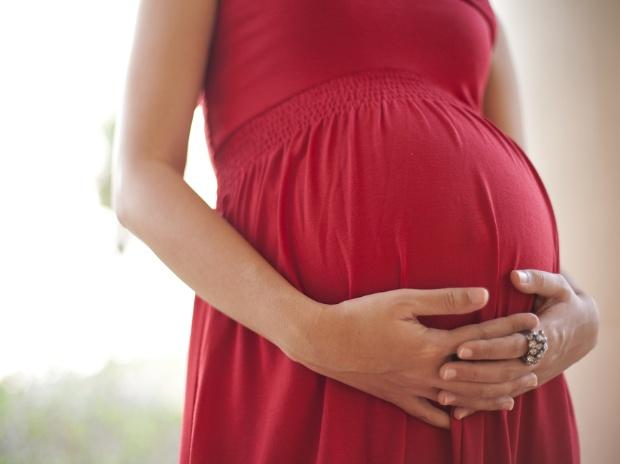JERUSALEM: Researchers have developed an algorithm which can predict the risk of gestational diabetes even before pregnancy, an advance that may lead to lifestyle interventions for reducing high blood sugar which affects nearly one in six pregnant women.
The study, published in the journal Nature Medicine, analysed data on nearly 6,00,000 pregnancies available from Israel’s largest health organisation, Clalit Health Services.
“Our ultimate goal has been to help the health system take measures so as to prevent diabetes from occurring in pregnancy,” said study senior author Eran Segal from the Weizmann Institute of Science in Israel.
According to the researchers, gestational diabetes is characterised by high blood sugar levels which occur during pregnancy in women with no history of diabetes.
They said the condition occurs in three to nine per cent of all pregnancies, and poses a risk to both the mother and her baby.
Generally, the scientists said, gestational diabetes is diagnosed between the 24th and 28th weeks of pregnancy, using a glucose tolerance test.
In this test, the pregnant mother drinks a glucose solution, and then undergoes a blood test to see how quickly it is cleared from the blood.
The researchers used a machine learning (ML) method, a form of artificial intelligence (AI), to health records on some 4,50,000 pregnancies in women who gave birth between 2010 and 2017.
Among these women, glucose tolerance testing had established that 4 per cent of them had gestational diabetes.
Then using the algorithm, the scientists processed more than 2,000 parameters for each of these pregnancies — including the woman’s blood test results and her and her family’s medical histories.
Their analysis revealed that nine of the parameters were sufficient to accurately identify women at a high risk of developing gestational diabetes.
These included factors like the woman’s age, body mass index, family history of diabetes, and results of her glucose tests during previous pregnancies.
To ratify if these nine parameters were sufficient, they further assessed the health records of an additional 1,40,000 pregnancies that had not been part of the initial analysis.
The findings revealed that with answers to just nine questions, doctors can tell in advance whether a prospective mother is at a high risk of developing gestational diabetes.
According to the scientists, availability of this information early on — in the early stages of pregnancy, or even before the woman has gotten pregnant — may help reduce the risk of gestational diabetes through lifestyle measures like diet and exercise. (AGENCIES)


